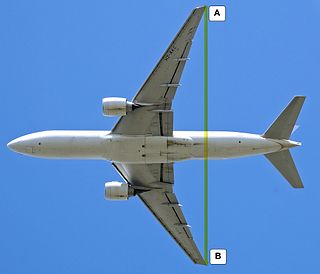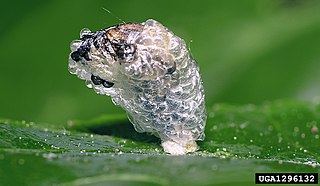| Coleophora linosyridella | |
|---|---|
| Scientific classification | |
| Kingdom: | |
| Phylum: | |
| Class: | |
| Order: | |
| Family: | |
| Genus: | |
| Species: | C. linosyridella |
| Binomial name | |
| Coleophora linosyridella Fuchs, 1880 [1] | |
| Synonyms | |
| |
Coleophora linosyridella is a moth of the family Coleophoridae. It is found from Germany to the Pyrenees and Italy and from Great Britain to Romania.

Moths comprise a group of insects related to butterflies, belonging to the order Lepidoptera. Most lepidopterans are moths, and there are thought to be approximately 160,000 species of moth, many of which have yet to be described. Most species of moth are nocturnal, but there are also crepuscular and diurnal species.

The Coleophoridae are a family of small moths, belonging to the huge superfamily Gelechioidea. Collectively known as case-bearers, casebearing moths or case moths, this family is represented on all continents, but the majority are found in temperate areas of the Northern Hemisphere. They are most common in the Palearctic, and rare in sub-Saharan Africa, South America, and Australia; consequently, they probably originated in northern Eurasia. They are relatively common in houses, they seek out moist areas to rest and procreate.

Germany, officially the Federal Republic of Germany, is a country in Central and Western Europe, lying between the Baltic and North Seas to the north and the Alps, Lake Constance and the High Rhine to the south. It borders Denmark to the north, Poland and the Czech Republic to the east, Austria and Switzerland to the south, France to the southwest, and Luxembourg, Belgium and the Netherlands to the west.
The wingspan is 11.5-13.5 mm. Adults are on wing from late June to August in one generation per year. [2]

The wingspan of a bird or an airplane is the distance from one wingtip to the other wingtip. For example, the Boeing 777-200 has a wingspan of 60.93 metres, and a wandering albatross caught in 1965 had a wingspan of 3.63 metres, the official record for a living bird. The term wingspan, more technically extent, is also used for other winged animals such as pterosaurs, bats, insects, etc., and other fixed-wing aircraft such as ornithopters. In humans, the term wingspan also refers to the arm span, which is distance between the length from one end of an individual's arms to the other when raised parallel to the ground at shoulder height at a 90º angle. Former professional basketball player Manute Bol stands at 7 ft 7 in (2.31 m) and owns one of the largest wingspans at 8 ft 6 in (2.59 m).
The larvae feed on Aster linosyris , Aster sedifolius and Aster tripolium . They create a tubular silken case of up to 8 mm long. Behind the mouth, the case is sharply bent resulting in a mouth angle of 0°. [3] Mining occurs up to April.





